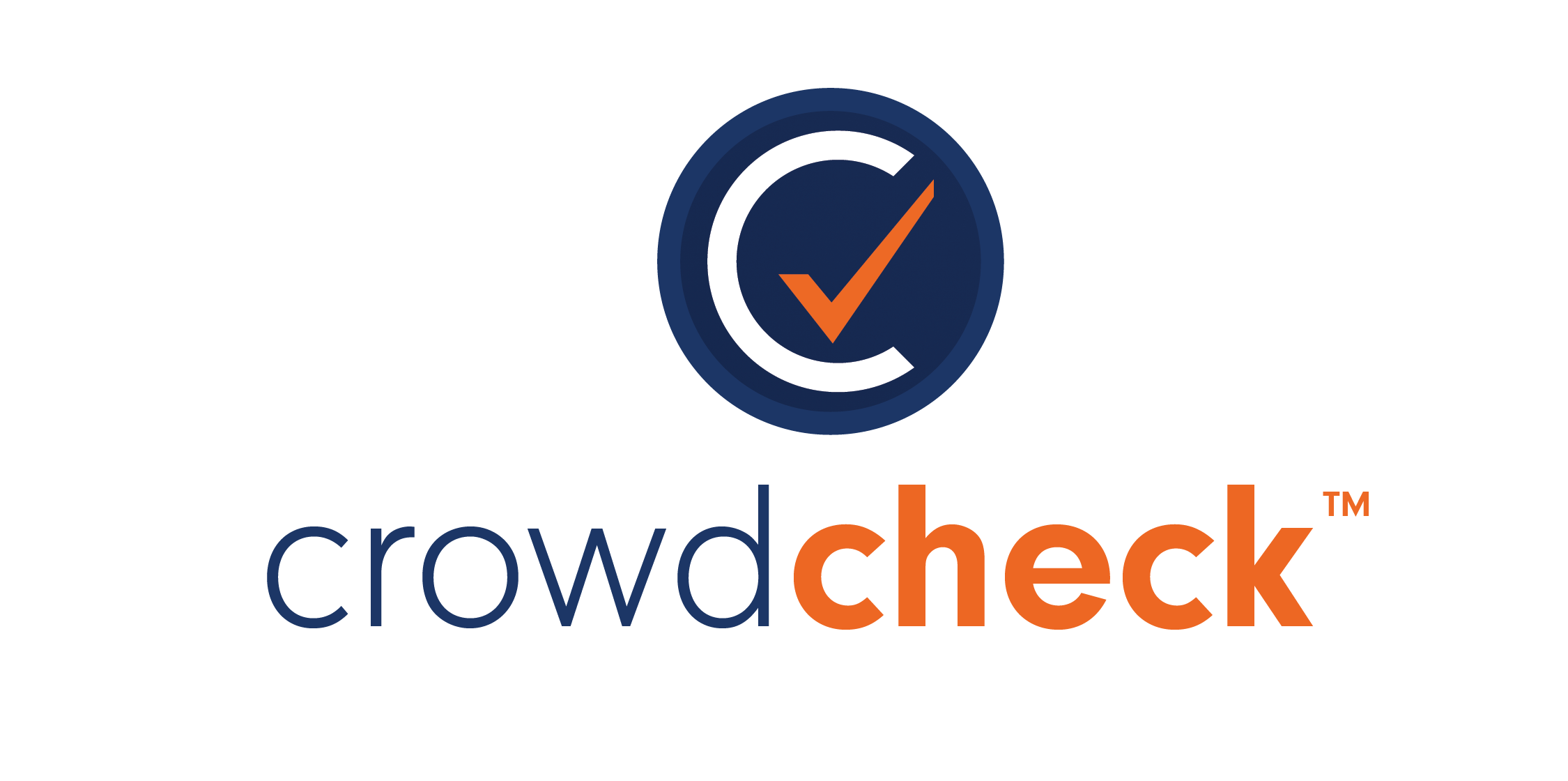We often talk about how due diligence can help protect investors from fraudulent investments, but it is important to mention that properly done due diligence can also protect every other party to a sale of securities. An example of this is going on now in Canada. As reported by JD Alois in this excellent article on Crowdfund Insider, a Canadian company, GXP Technologies, finds itself accused of fraud in its effort to “kickstart” the LUCI lucid dream inducer. The company for its part denies the allegations and claims that the crowd has been stirred into a frenzy by a rival. It also has canceled its very successful campaign (about $400,000 raised on a goal of $40,000) and claims to have been the victim of and aggressive and harassing witch-hunt on the part of the crowd.
Now before we go further, let me make one thing clear: I do not know or claim to know what is going on in this specific case.
With that important caveat out of the way let’s look at what is going on and how properly done due diligence could have helped. (This is in no way an exhaustive overview, for that go here.)
GXP, which claims to be a subsidiary of the Caluka Group, seeks to raise $40,000 (CAD) from Kickstarter for the LUCI, a device that is supposed to help people engage in lucid dreaming. Things seem to go well until backers become concerned about allegations of fraud (either legitimately or stirred up by a rival). Some backers believe that the company is using deception to mask the feasibility of the product or falsely represent they have a prototype when in fact they do not. Backers demand proof, GXP either refuses or offers proof that the public does not accept, GXP states that it has found alternative funding from a Kickstarter backer after a face-to-face meeting and cancels the Kickstarter offering. GXP also claims that backers harassed them and their families. Finally, GXP places some of the blame on Kickstarter for allowing a “circus” to break out in the backer section.
So what is going on here? I don’t know, but I do know there are a few likely possibilities:
- GXP is legitimate and people became so convinced that this was a fraud (whether spontaneously or as the result of a rival sowing doubt) they viewed otherwise innocent materials or actions as proof of GXP’s malevolence.
- GXP is a legitimate company with a speculative product and/or some weaknesses or defects in its pitch materials that might be relevant for people deciding on whether to put their money in but aren’t necessarily the product of fraud. People became convinced there was fraud afoot and seized on those weaknesses as evidence.
- GXP is a fraud trying to scam people out of money.
There may be some other scenarios I haven’t thought of, but those are the three most likely ones. Regardless of which it is, properly done due diligence would have helped avoid this situation.
A trusted third party with understanding and access can help. Not only can it help investors by weeding out frauds, it can also help legitimate businesses present and contextualize their offering in such a way, and with sufficient supporting evidence, that people can feel comfortable that they are dealing with a legitimate company. Further, proper due diligence can help a legitimate company discover any defects that could pose problems or raise suspicions, such as incomplete corporate registration or unclear risk factors, and fix them before the public sees them.
Remember, fair or not, people will make snap decisions about you based on things you may not think are important (happened to us). It is vital that they have enough information they can trust to feel like they are dealing with an honest partner, because once they are uncertain about your legitimacy it can be hard to shake that feeling. I suspect that if GXP is legitimate they wish they had done more to prevent the accusations of fraud from taking hold, and given the lost commission and controversy, Kickstarter probably feels the same.
Fortunately, at least for companies that are seeking to raise money via a 506 raise or investment crowdfunding (when it is allowed) CrowdCheck is there to help. Of course, we don’t work in the donation space, yet, but if Kickstarter is interested we’d be happy to take that call. And if GXP wants to establish their legitimacy, we’ll do a CrowdCheck for free.
